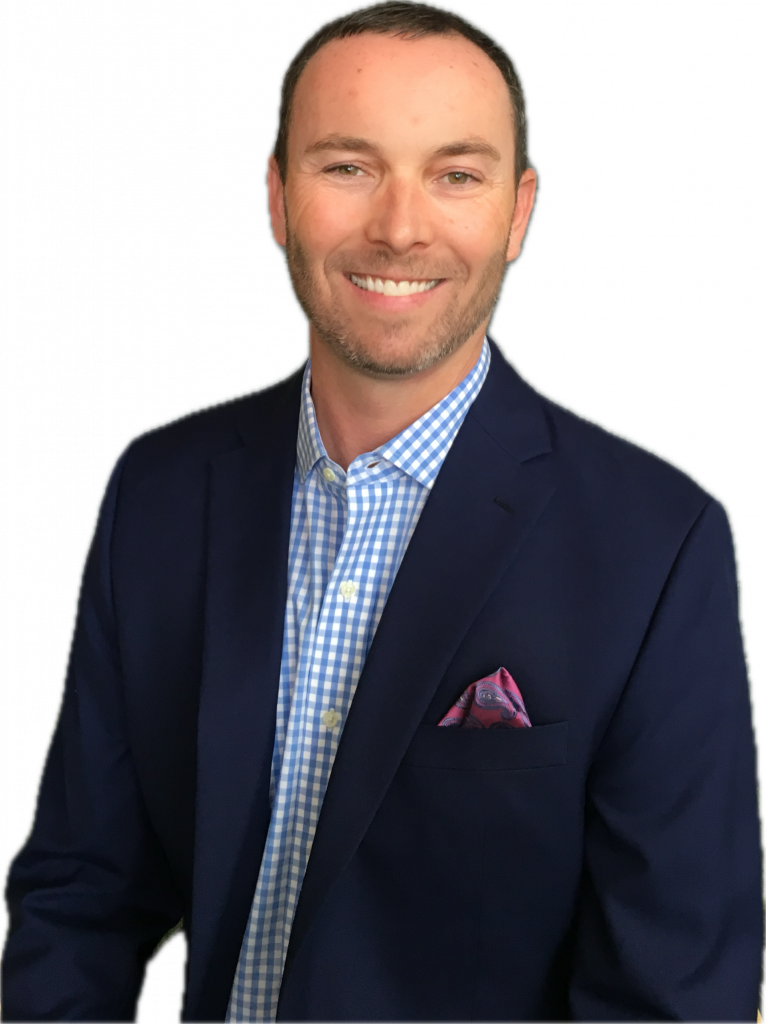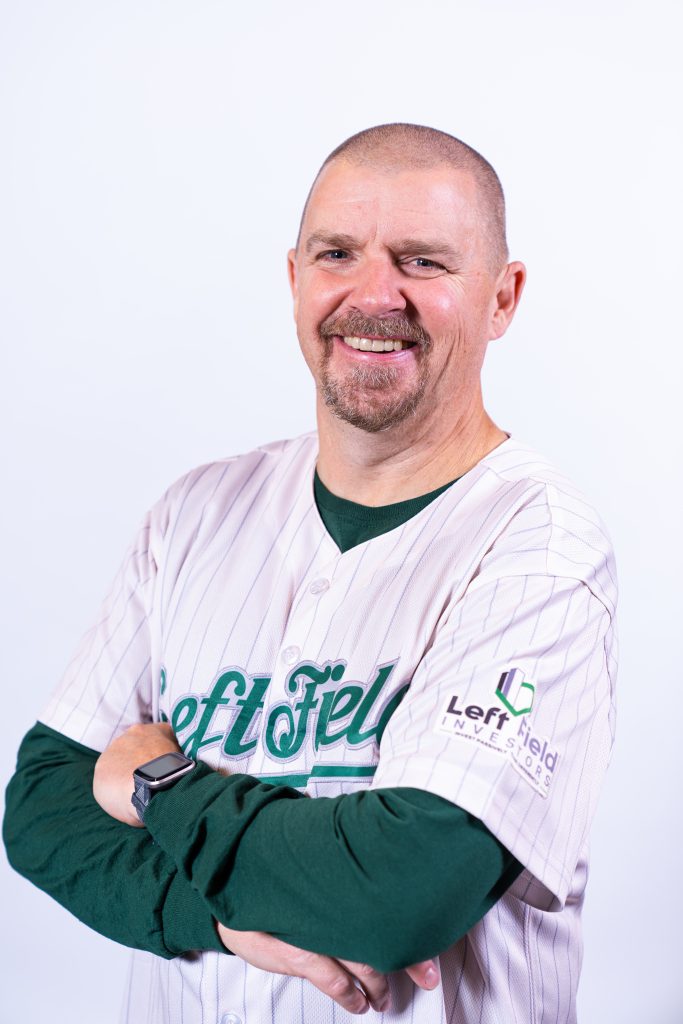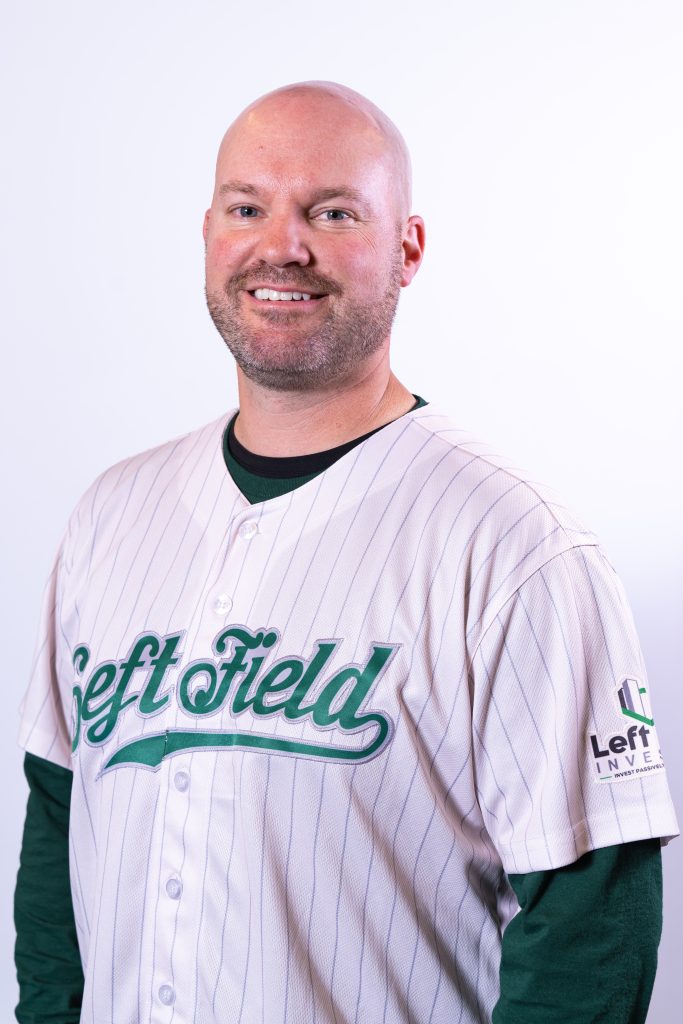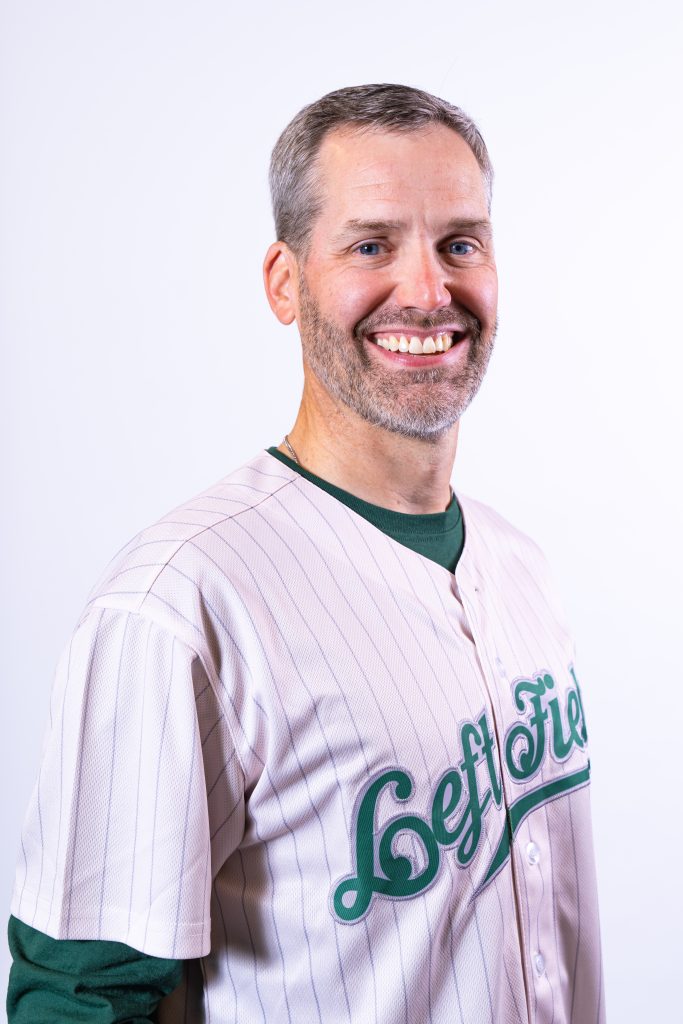We don’t get much financial education in school. Even if you major in finance in college, there is not much focus on personal finance. When personal finance is taught – in school, from parents, colleagues or mentors – it usually focuses completely on mutual funds, stocks and bonds. People are told to max out their 401(k) and save for retirement by investing in the stock market. Most people don’t stop to ask if that is really the best way to grow wealth. Left Fielders stop and ask. We found out that there is a better way.
Who are Left Field Investors?
This group was established to share knowledge and expertise among individuals interested in growing wealth through passive investments in real assets that produce real cash flow. Left Fielders invest passively in large apartment complexes, mobile home parks, self-storage facilities, industrial lease buybacks, ATMs, private money lending, notes and more. The common theme for all our investments is that we buy real assets managed by others that produce current cash flow with likely future appreciation.
Left Fielders work together to identify sponsors who provide consistent deal flow with cash flowing assets at reasonable minimum investment requirements. We analyze and evaluate these deals together and invest in them both individually and in small groups.
Who Were We? – Right Field Investors
Many of us have had large portfolios in the “standard” investment markets – stocks, bonds and mutual funds. We didn’t know there was anything better. We invested in these conventional, highly marketed products hoping the value of our investment would rise, and we could sell it to someone else – we lived with the ups and downs of the markets and that is how we evaluated our success and our wealth. We see Right Field Investors as those who follow “conventional wisdom”. They have W-2 income and max out their 401(k)s and IRAs. They invest in stocks, bonds and mutual funds. They believe they need a certain amount of money in retirement and they will take 4% out every year until they die. They do this because this is how their parents did it or this is how it has always been done. We do not think any of this is wrong or bad – we just believe there is a better, quicker way to financial independence and wealth creation – a sustainable get-rich-slow scheme.
What is passive investing?
The conventional definition of passive investing is investing in indexed mutual funds and staying invested regardless of market changes with the goal of reducing fees and achieving “market” returns. This is often contrasted with active investing which is trading in and out of stocks, bonds and mutual funds based on market conditions, intuition, or a hot stock tip.
Passive investing is the most common type of investing – stocks, bonds and mutual funds are passive investments – though many refer to investing in stocks as “active” and investing in indexed mutual funds as “passive”. The investor does not manage or control the asset. Passive investing for Left Fielders is investing in real assets that you do not actively manage. Passive investing in real estate syndications is passive because the investor provides the funds, but the sponsor manages the asset.
What are the benefits of passive investing in real estate syndications?
The main benefit of passive investing is you do not have to manage the asset – you pay someone to do that for you. The sponsor is responsible for collecting rent, doing repairs, hiring staff, finding tenants, reporting to investors and everything else that has to do with managing an asset. Your job is done after you have screened the sponsor and analyzed the deal. After that, you need only monitor the progress and watch the cash flow accumulate in your bank account.
Another benefit of syndications is diversification. You can invest in various asset classes, geographies and sponsors so you have a broad portfolio.
Why is it important that the Sponsor co-invests in the deal?
Most syndication sponsors invest in their own deals. That means that they have an extra incentive to put the investors first, because they are investors as well. It is still critical to do a proper evaluation of each sponsor because often the sponsor makes more on fees than their investment amount, but it is still an alignment of interests to have them have their own money at risk. Contrast this with a typical investor using a financial advisor – how often is the advisor putting his or her money into the same investments as the client?
What is a syndication?
A syndication is a joining together of investors to invest in a specific asset. Typically there are general partners or sponsors who raise the money and put together the deal, and there are the limited partners or passive investors who usually provide most of the capital raised for the deal.
What is an Accredited Investor?
Generally, an accredited investor is someone who has earned $200,000 ($300,000 if married) in each of the past two years or has a net worth of more than $1,000,000 excluding the equity in their home.
Some sponsors will accept accredited investors only, and some will take both accredited and non-accredited investors.
What are some of the tax advantages of passive investing?
There are basically three buckets of taxable income reported to the IRS. The first is Active Ordinary Income, and it is taxed at the marginal tax rates, which can be the highest rates. This includes income from your job that is reported on a W-2 or a 1099. The second bucket is Portfolio Income. This includes income from interest, dividends or capital gains from the sales of stocks, mutual funds and bonds. This is often taxed at the highest rate or a reduced capital gains rate. The third bucket is Passive Income. This includes income from rental real estate and capital gains from sales of assets. This is taxed at the capital gains rate but passive losses can offset the passive gains. The advantage of passive investing is that you can use paper losses (phantom deductions) to offset real money gains and effectively reduce your tax rate. Passive losses can only offset passive gains – other than very limited circumstances, you cannot use passive losses from bucket three to offset any income from buckets one or two.
The more money you can shift from buckets one and two, into bucket three, the lower your tax liability will be. Where do you get the paper losses? Mostly from depreciation and cost segregation.
What is cost segregation and bonus depreciation?
Real assets are depreciated over their useful life, and typically real estate is depreciated over 27.5 years. This depreciation can offset income from the asset. Cost Segregation is when an engineer does a study and separates personal property assets from real property assets for the purpose of depreciation. The personal property is depreciated on a faster schedule allowing you more deductions in early years. Because of the Tax Cuts and Jobs Act of 2017, bonus Depreciation allows for 100% depreciation of the personal property in the year the property is put into service. Practically, this means that you could invest $50,000 in a syndication and end up with a paper loss of $40,000 to offset any other passive income you have.
Most syndications have minimums of $25,000 or higher, can I invest if I don’t have that much cash?
There are ways to combine funds with other like-minded investors to invest in passive syndications. Group investing can allow you to diversify by getting into more deals using less capital allowing you to invest with multiple sponsors in multiple locations with different asset types. TribeVest is a great platform to help you get started.
What are some downsides to investing in passive syndications?
The minimums are generally quite high – often $25,000 to $100,000 per deal. These are also not standard, mainstream investments so the ease of investing is not like that of the stock market. The biggest downside is the complete lack of liquidity. Once you invest in a deal, you are in it until the sponsor decides to sell the deal. This could be two years or twenty. You have very little control and there is no secondary market. There may be situations where you could ask to be bought out, which is very rare, and you will be in a position of having the price and terms dictated to you.
Bottom Line
Left Fielder Investors is a community of like-minded people who are interested in building wealth through investing passively in real assets that produce actual cash flow combined with the probability of appreciation. Our mission is to educate people about these lesser known “alternative” investments and provide a forum for people to learn and network in order to build wealth through multiple, consistent income streams as a supplement or replacement for W-2 income. In retirement, passive income will reduce the pressure for reliance on a 401(k) portfolio or Social Security by providing additional income streams. We believe the combination of current cash flow, future appreciation, and tax reduction or elimination make passive syndications a worthwhile addition to any financial strategy.
Jim Pfeifer is one of the founders of Left Field Investors. He is a full time investor living in Dublin, OH. He has invested in over 30 passive syndications in his quest to become financially free through the acquisition of real assets that produce real cash flow. You can connect with him at jim@leftfieldinvestors.com.
Nothing on this website should be considered financial advice. Investing involves risks which you assume. It is your duty to do your own due diligence. Read all documents and agreements before signing or investing in anything. It is your duty to consult with your own legal, financial and tax advisors regarding any investment.








